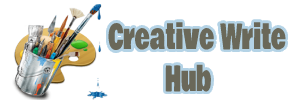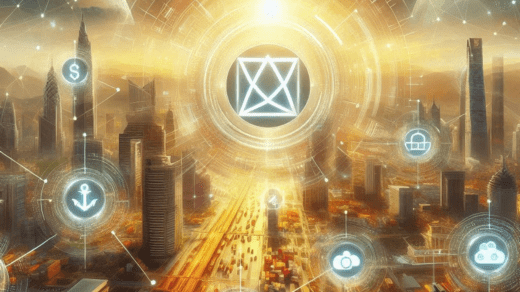By Dr. Pooyan Ghamari, Swiss Economist
As society embraces digital transformation, Decentralized Autonomous Organizations (DAOs) have emerged as an innovative solution to modern governance challenges. DAOs utilize blockchain technology to create transparent, democratic, and efficient structures, enabling participants to govern collectively without the need for traditional hierarchies. This article explores how DAOs function, the benefits they offer, and the challenges they face in establishing a decentralized model of governance.
Understanding the Basics of DAOs: What Sets Them Apart?
A DAO is an organization that operates autonomously on a blockchain, governed by smart contracts that execute specific actions based on predefined conditions. Unlike traditional companies where decisions are made by executives, DAOs distribute decision-making power among token holders. Through governance tokens, members can vote on proposals, allocate resources, and influence the direction of the organization in a transparent and equitable manner.
The blockchain ensures that all actions within a DAO are visible to members, reducing administrative overhead and enhancing transparency. This decentralized approach not only improves accountability but also enables participants to work collaboratively from different parts of the world, fostering a global community.
Advantages of DAOs: Redefining Trust and Efficiency
The DAO model offers unique benefits that make it an appealing alternative to traditional organizational structures:
- Enhanced Transparency: All decisions and actions are recorded on the blockchain, allowing members to audit and verify the organization’s activities.
- Equal Distribution of Power: DAOs are governed by their members, who share decision-making power based on their token ownership. This approach reduces the risk of centralized authority abuses.
- Cost-Effectiveness: DAOs eliminate the need for various administrative roles by automating processes through smart contracts, reducing both costs and bureaucratic delays.
- Global Access and Participation: DAOs allow anyone with an internet connection and tokens to participate, promoting inclusivity and ensuring that a diverse range of voices is represented.
DAOs in Practice: Real-World Use Cases
DAOs are actively reshaping various industries, demonstrating their potential to foster innovation across fields:
- Decentralized Finance (DeFi): DAOs are a natural fit for the DeFi sector, enabling users to govern protocols directly. Platforms like MakerDAO allow users to vote on interest rates, collateral requirements, and other key financial factors, ensuring that decisions reflect the needs of the community.
- Social Impact and Community Projects: DAOs focused on social causes provide a transparent way to manage funds and resources. For example, environmental DAOs offer a community-driven approach to funding conservation projects and tackling climate change.
- Creative and Entertainment Industries: Artists and creators are utilizing DAOs to manage creative assets, share royalties, and engage directly with their audience. By empowering creators to control their intellectual property, DAOs offer a fairer model for creative compensation.
Challenges of DAOs: Navigating Uncharted Waters
While DAOs have many advantages, they also face several limitations:
- Regulatory Uncertainty: The lack of established legal frameworks makes it challenging for DAOs to operate in compliance with existing laws, especially in areas like finance and intellectual property.
- Security Concerns with Smart Contracts: Smart contracts are immutable, meaning that bugs or vulnerabilities cannot be easily corrected. Regular audits are essential to ensure security, but they can be costly and time-consuming.
- Consensus-Building Complexities: Large DAOs may face difficulties in reaching consensus on critical issues, especially when members have differing perspectives. Effective governance mechanisms are needed to prevent stagnation and facilitate timely decisions.
The Future of DAOs: Empowering Collective Governance
DAOs offer a glimpse into a future where governance is transparent, efficient, and inclusive. As blockchain technology matures, DAOs have the potential to influence various aspects of society, including government and public administration, by enabling direct citizen participation in policy decisions. DAOs are pioneering a new era of collaboration where communities, rather than centralized authorities, decide on the rules that guide them. With the right infrastructure and regulatory frameworks, DAOs could become the cornerstone of a decentralized future.
For more insights and smart investment opportunities, visit the original article here from this link. You can also find out about the latest news on A Land new section. Also for the latest trends in gold investment and to begin your journey into purchasing precious metals, visit EE Gold official website.

